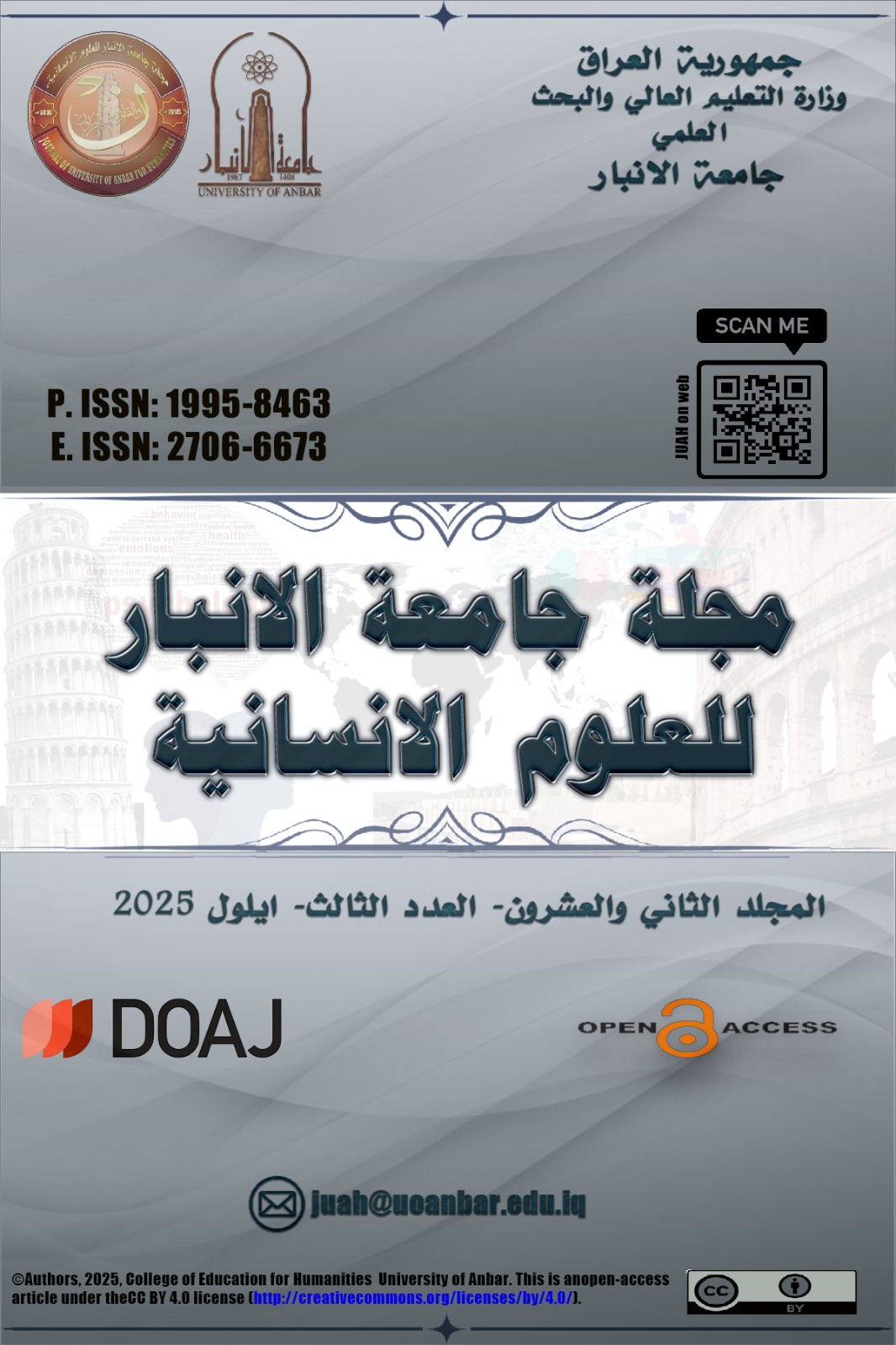Abstract
Aims: This study investigates the effectiveness of self-regulated learning on academic achievement in Islamic education and on the development of coordinating thinking among fifth-grade science students. Methodology: The sample comprised 70 fifth-grade female science students, randomly assigned to experimental and control groups, with 35 students in each. Two instruments were used: (1) an academic achievement test consisting of 30 multiple-choice items, and (2) a Coordinating Thinking Scale (CTS) with 40 binary-response items (scored 1 for the presence of the trait and 0 otherwise). The psychometric validity and reliability of both tools were verified. Results: Findings revealed statistically significant differences between the experimental and control groups in academic achievement, favoring the experimental group. Similarly, significant differences were found in CTS scores, again favoring the experimental group. These results support the effectiveness of self-regulated learning in enhancing both academic achievement and coordinating thinking, leading to the rejection of the null hypotheses and acceptance of the alternative hypotheses. Conclusions: The study concludes that self-regulated learning significantly enhances both academic achievement and coordinating thinking among fifth-grade science students in Islamic education. These findings highlight the value of incorporating self-regulated learning strategies into instructional practices to foster deeper learning and cognitive development in primary education.
Keywords
academic achievement
Coordinative thinking
Self-organized learning
Islamic education
Abstract
الأهداف: هدف البحث الحالي التعرّف على فاعلية التعلّم المنظم ذاتياً في التحصيل الدراسي لدى طالبات الصف الخامس العلمي في مادة التربية الإسلامية وتفكيرهن التنسيقي. المنهجية: تألفت عينة البحث من (70) طالبة من طالبات الصف الخامس العلمي، تم توزيعهن بشكل عشوائي إلى مجموعتين: تجريبية وضابطة، بواقع (35) طالباً في كل مجموعة. استعمل الباحثان اداتين للبحث، الأول: اختبار للتحصيل الدراسي تألف من (30) فقرة موضوعية من نوع اختيار من متعدد، والثاني مقياساً للتفكير التنسيقي تألف من (40) فقرة وكانت بدائل تصحيح الفقرات ثنائية بإعطاء درجة (1) للإجابة التي تعبر عن سمة التفكير التنسيقي واعطاء (صفر) للإجابة التي لا تمثل السمة. تم التحقق من الخصائص السيكومترية لادوات البحث. النتائج: بعد تطبيق الاختبار والمقياس على عينة البحث، أظهرت النتائج أنه يوجد فرق ذو دلالة إحصائية بين متوسطي درجات طالبات المجموعتين على اختبار التحصيل الدراسي لصالح طالبات المجموعة التجريبية، وعليه ترفض الفرضية الصفرية الأولى وتُقبل الفرضية البديلة. كما اشارت النتائج الى انه يوجد فرق ذو دلالة إحصائية بين متوسطي درجات طالبات المجموعتين على مقياس التفكير التنسيقي لصالح طالبات المجموعة التجريبية، وعليه ترفض الفرضية الصفرية الأولى وتُقبل الفرضية البديلة.
Keywords
التعلّم المنظم ذاتياً، التحصيل الدراسي، التفكير التنسيقي، التربية الإسلامية
